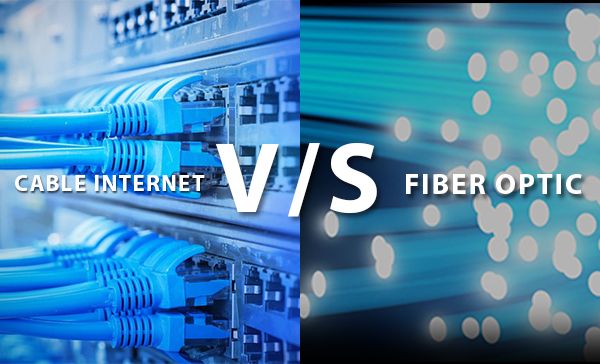Broadband happens to be the word that generally refers for an internet service which often crushes a cable connection, nonetheless use to be also accessible as a DSL, or Fibr. Messaging and communication has never been as easy or convenient as it is now. All this thanks to the discovery of the Internet and much of this success is attributed to the development of broadband technology. Broadband is now made up of several computers or devices that procedure an infinite system of data exchange almost.
This invention has also directed to greater convenience in relations of downloading files, songs and movies, among others. Online streaming platforms would not be possible with a connection speed of 56 kbps. During its initial release, having broadband services would have been extremely expensive. Because of this, it was not as commercially pupilized and sought after in its early stages. Businesses, however, have been consistent in improving their services over their competitors. This has led to the growth of fast broadband packages. Today, everybody, at some fact in their life, has used the broadband connection.

Measurements
Like bandwidth, it happens to be unrushed in megabits per second ( Mbps ). The higher the number of megabits, the faster your broadband connection. With the increased speed of broadband, downloading movies, streaming online and making video calls will be faster and will be done without the hassle of waiting.
Here Are A Couple Of Activities And Their Minimum Required Broadband Speeds For Your Reference:
Web browsing: 1 Mbps for download
Video streaming (HD): 5 Mbps for download
Voice over IP: For both download and upload with 256Kbps
Video streaming (Ultra-HD): for 30 Mbps download
Online game (real time): 256Kbps for download and 512Kbps for upload
Video call: 1 Mbps for download and upload
Each of the wireless broadband unifi types listed offers nearly the similar service, but differs in speed, price and dependability. When it comes to office work, cable connection is the best solution because it is always available and safer. Wireless broadband works best for people who live within range of a cellular service. While it’s faster and more efficient, the wired connection is even more secure when it comes to data interception.
For more articles, click here.

